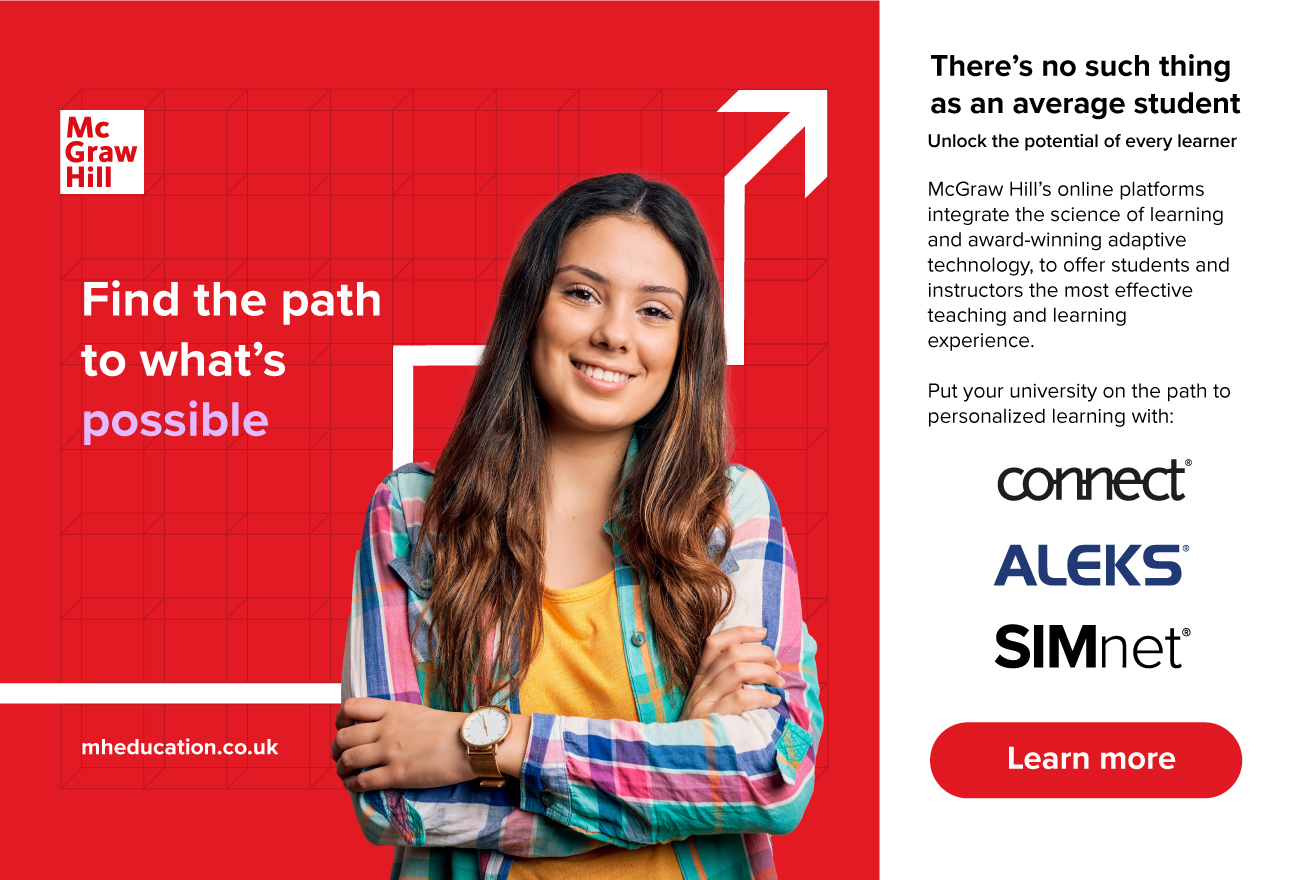Abdullatif Alshamsi is an academic who always finds himself pushing against the boundaries created by academia. As President and CEO of the UAE government’s Higher Colleges of Technology (HCT), he has overhauled the way students study, shifting the focus from learning for its own sake towards preparing students for the labour market or to start their own businesses.
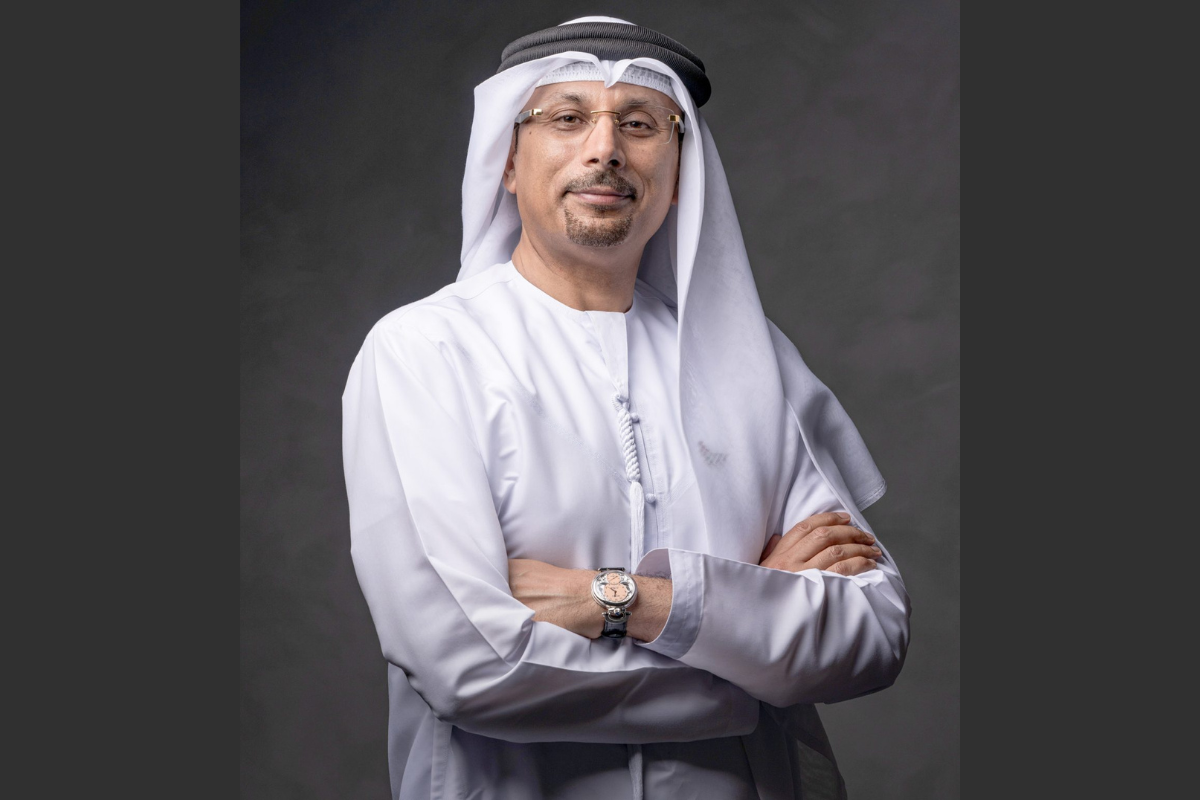
“Today, HCT is no longer just an academic institution,” he says. “It has established a free zone – a zone for creative ideas that can be converted into business opportunities.”
Among the biggest changes in the seven years since Abdullatif joined HCT, which has some 23,000 students across 16 campuses, is that every academic degree is now coupled with a mandatory professional certification. Those studying to be chartered accountants, for example, must complete a section of modules that involve work experience in the industry in order to obtain their degrees. Engineers are required to complete resume-boosting health and safety courses, while finance students complete a course at the Project Management Institute.
“Those certifications have provided us with a quality assurance for every program being offered, guaranteeing that it meets the skills and competencies required in that specific specialisation in the business sector,” Abdullatif says.
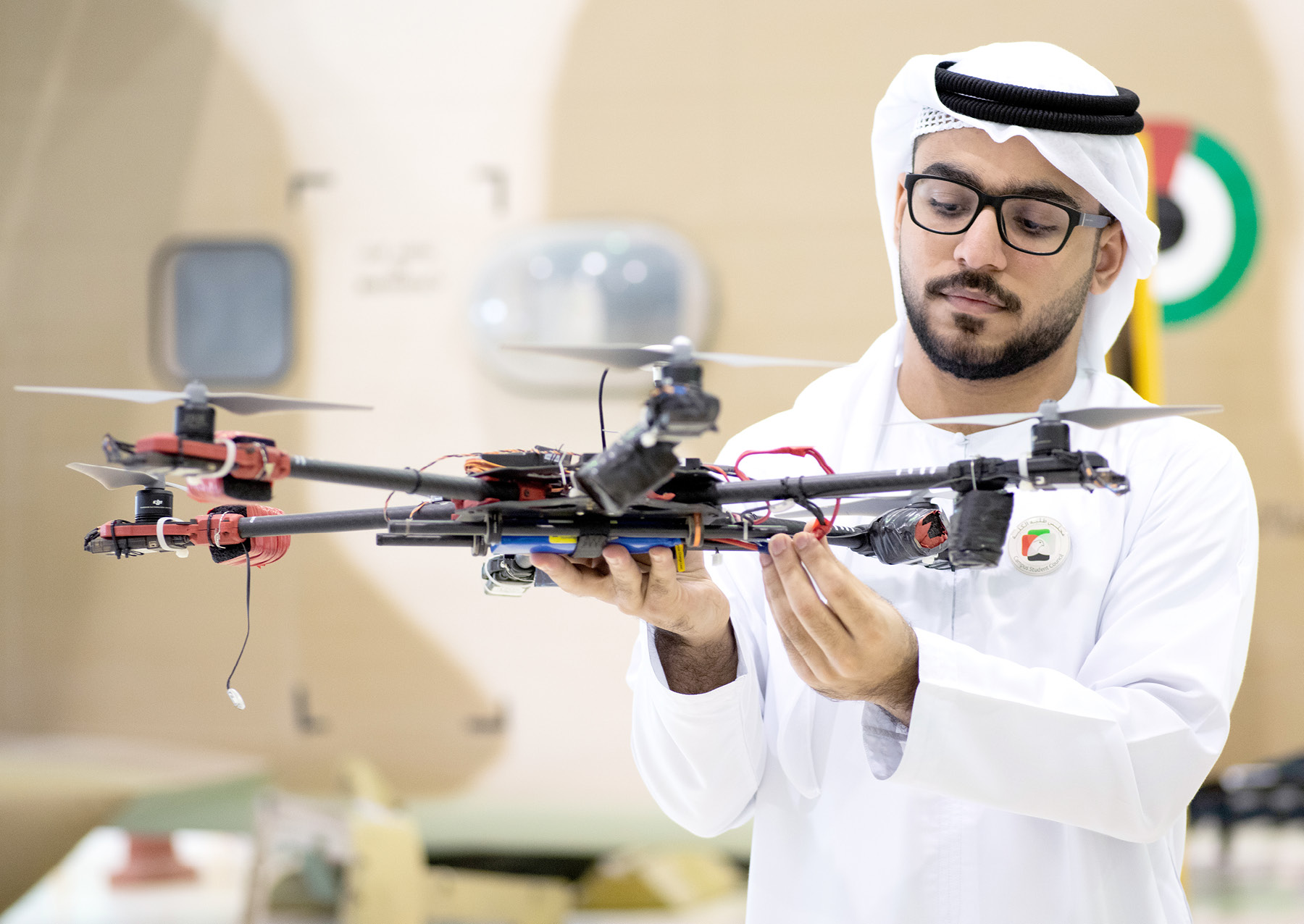
We want to make sure our graduates are the number one choice for the labour market.
“We want to make sure our graduates are the number one choice for the labour market, compared to other academic institutions. How do we guarantee that? By having the academic credential in addition to the professional credential.”
Graduating businesses
Another key change at HCT in recent years has been the introduction of an incubator program for students to start their own businesses. So far, the program has fostered 138 companies, 40 of which are already fully in operation. About 600 jobs have been created as a result.
“We are not only in the business of graduating students with a degree, we have also introduced the concept of graduating companies,” Abdullatif says. For a company to “graduate”, it must have a trade licence, board members and be generating revenue.
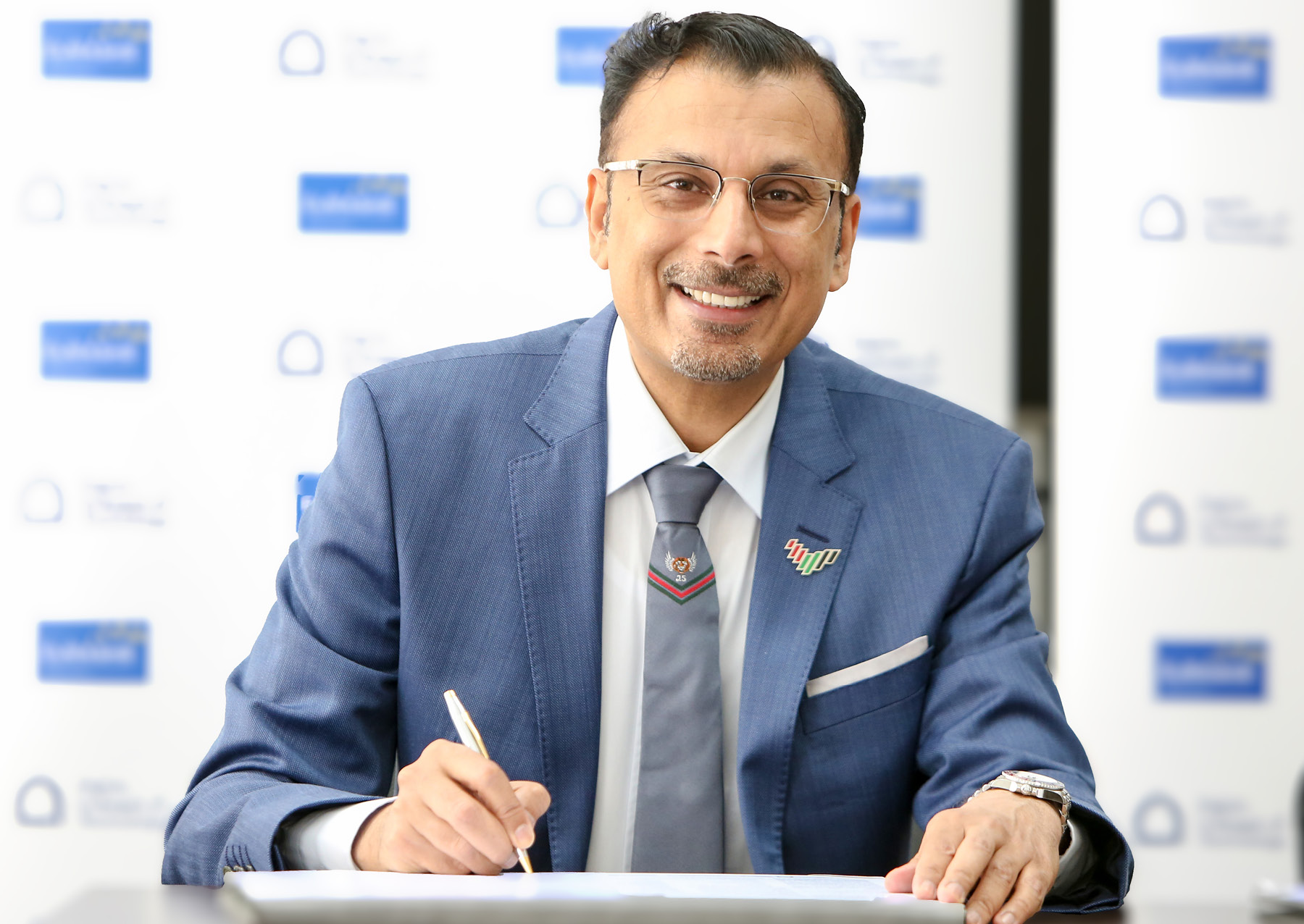
We are not only in the business of graduating students with a degree, we have also introduced the concept of graduating companies.
Abdullatif has worked in academia for more than 25 years, publishing dozens of research papers and speaking regularly at conferences about his approach to education, change management and the use of technology in education.
The COVID-19 pandemic provided a huge boost to his ambitions of increasing the number of virtual classrooms at HCT. He has introduced a “hybrid” education system, mixing online and on-campus learning, and he is building on that with a “hyper-hybrid” system that allows students to meet and share ideas on campus outside of a traditional lecture or seminar.
“With the hybrid model, you reduce the footprint of students on campus, so you increase your capacity to bring more students onboard but with less cost, and yet not at the expense of the learning outcomes,” Abdullatif says.
“Now we’re going beyond the hybrid,” he adds. “We need students to come to campus for social networking, for engagement, and this is where all the ideas come together for innovation, for entrepreneurship and so on.
“So maybe we don’t need as many physical classrooms, but the campus should become more of an open lab space, rather than one with traditional classrooms or traditional laboratories.”
On-the-ground leadership
As a leader, Abdullatif follows three key rules. The first is that it is imperative to adopt a clear vision, and to ensure that everyone in your organisation understands it and is on board. “Your vision has to cascade down to every single person,” he says.
The next rule is to continuously hire people who are smarter than you. “You need people smarter than yourself to help you execute this vision and make it happen, and come up with all these creative ideas,” he explains.
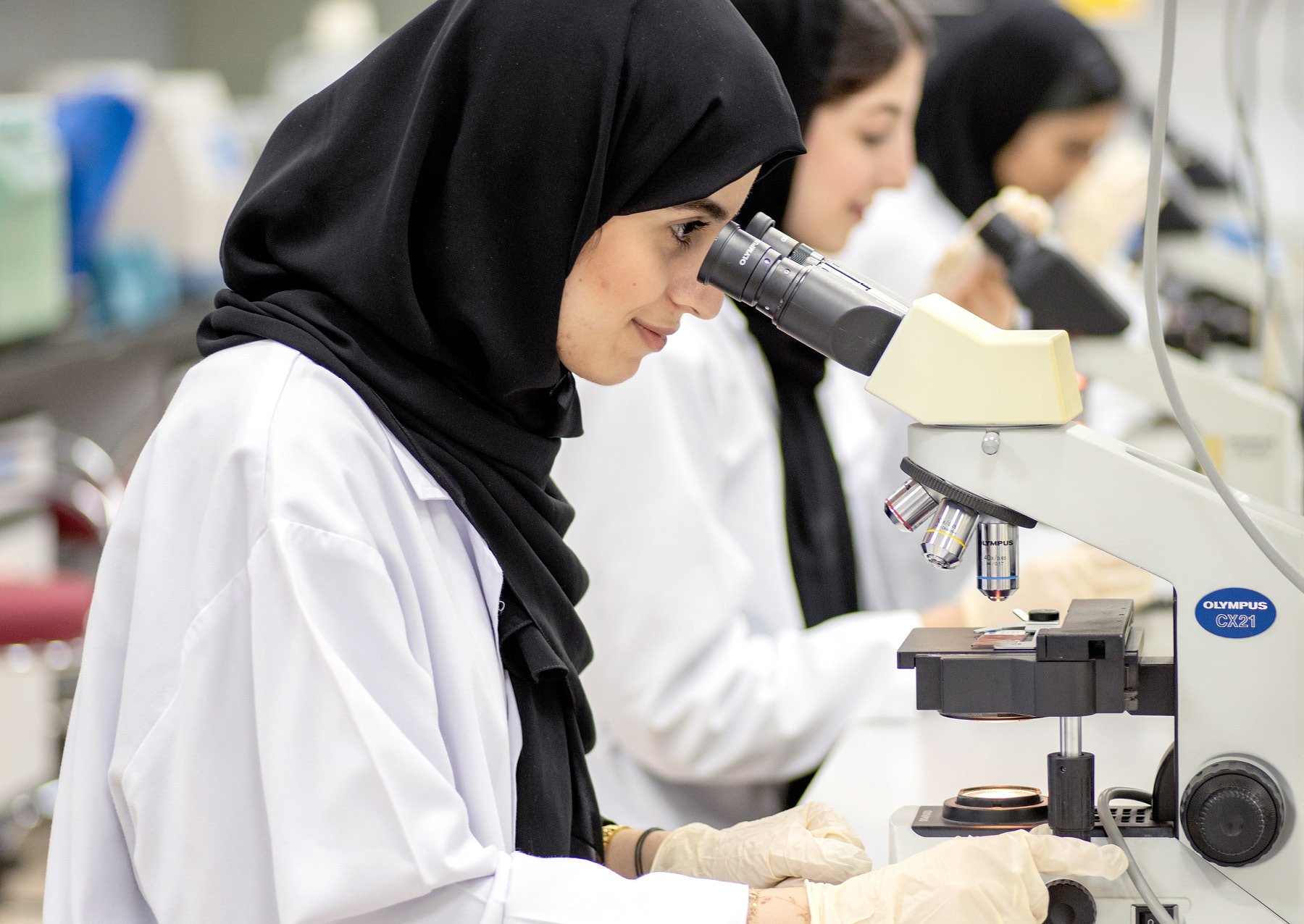
Maybe we don’t need as many physical classrooms, but the campus should become more of an open lab space.
“Number three, do not work in an ivory tower type of office; be on the ground,” he says. “Being the President and CEO, I also teach. I’m a teacher, and I commit to teaching.”
Teaching ensures Abdullatif hears about issues and challenges that need to be addressed from the very people grappling with them. Despite his strong belief in the value of online learning, Abdullatif, like any old-school academic, understands how essential it is to exchange ideas in person.
McGraw Hill

